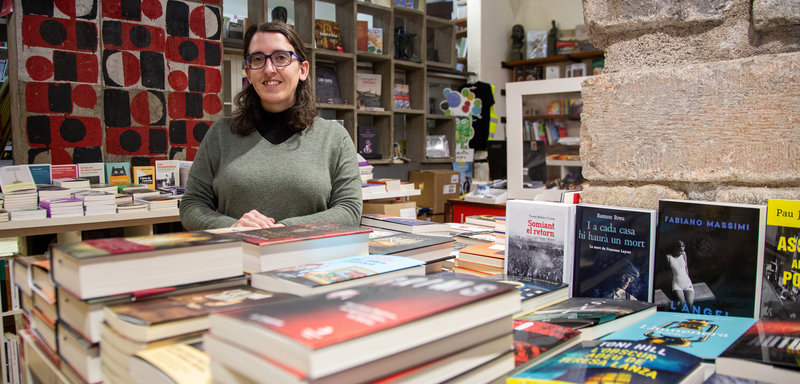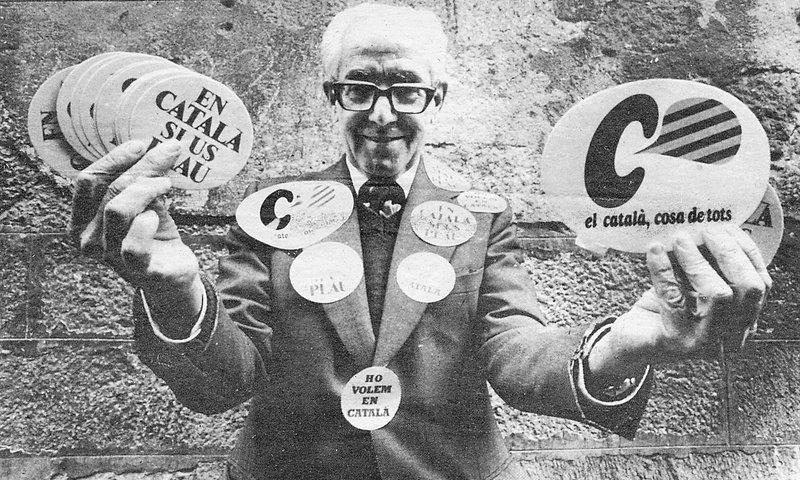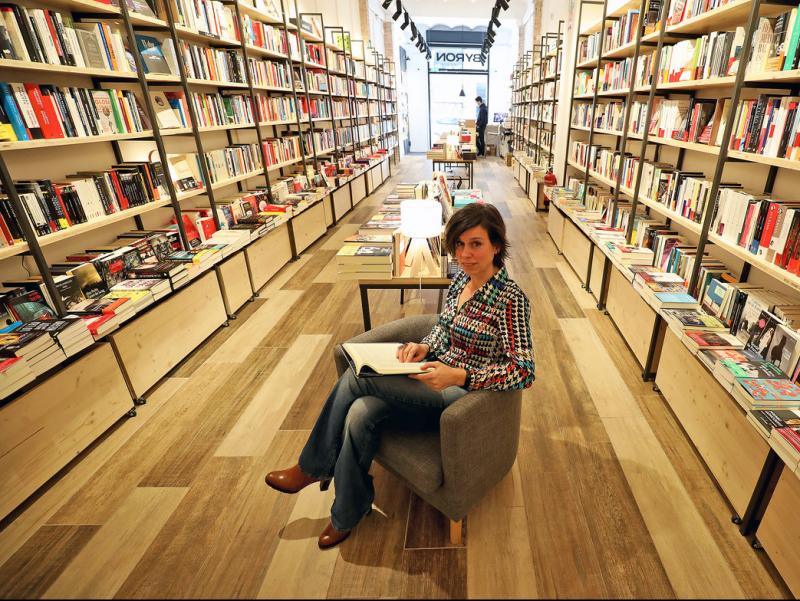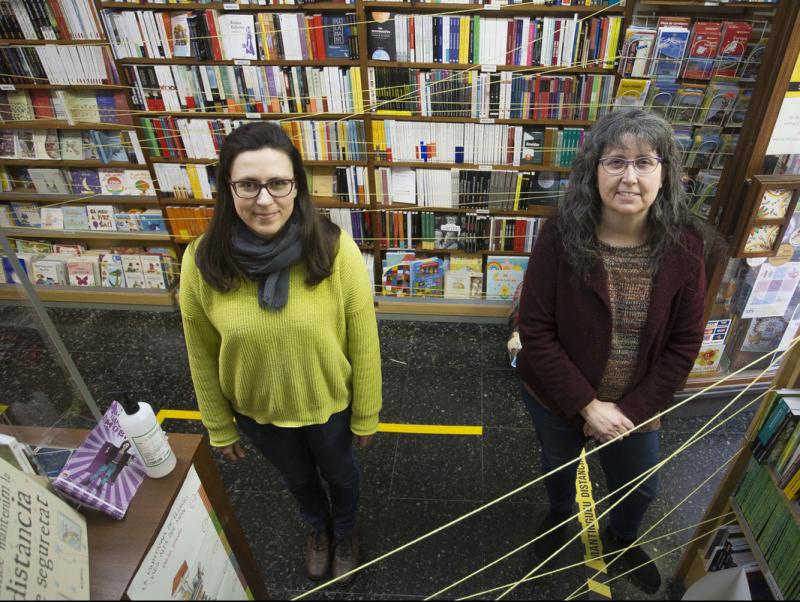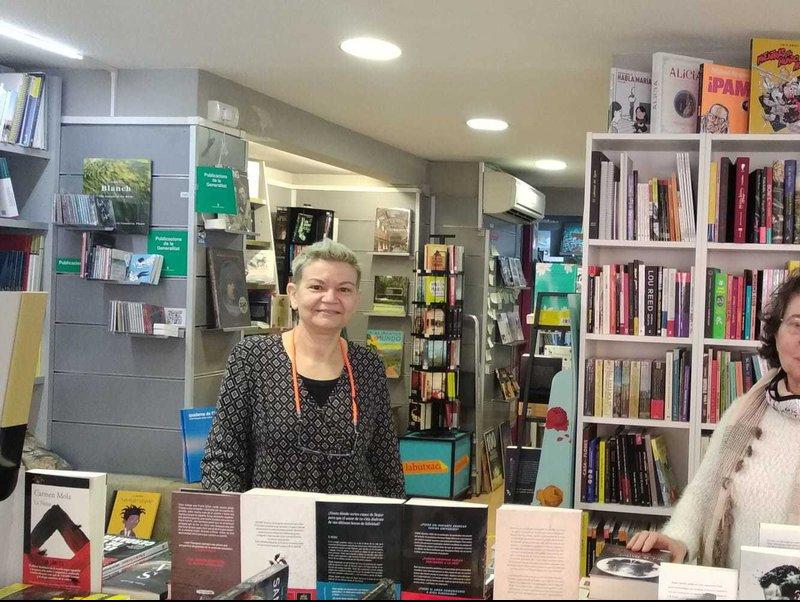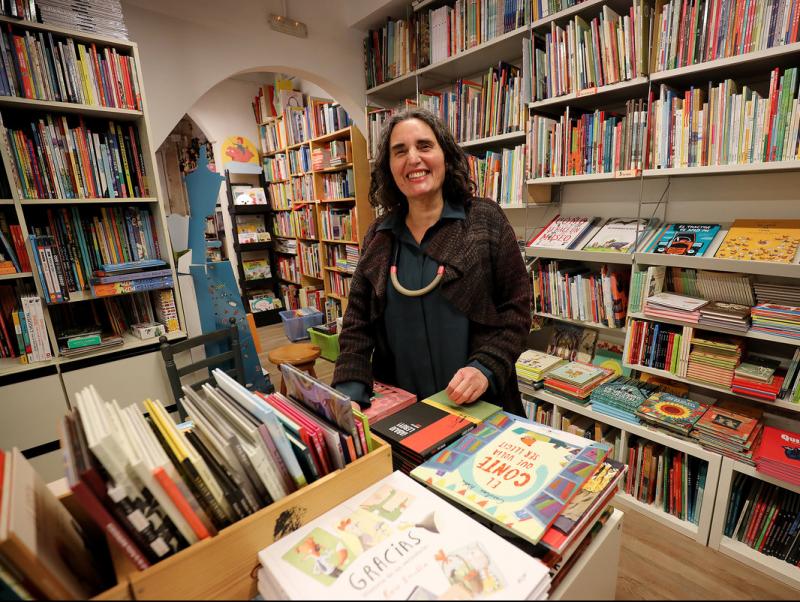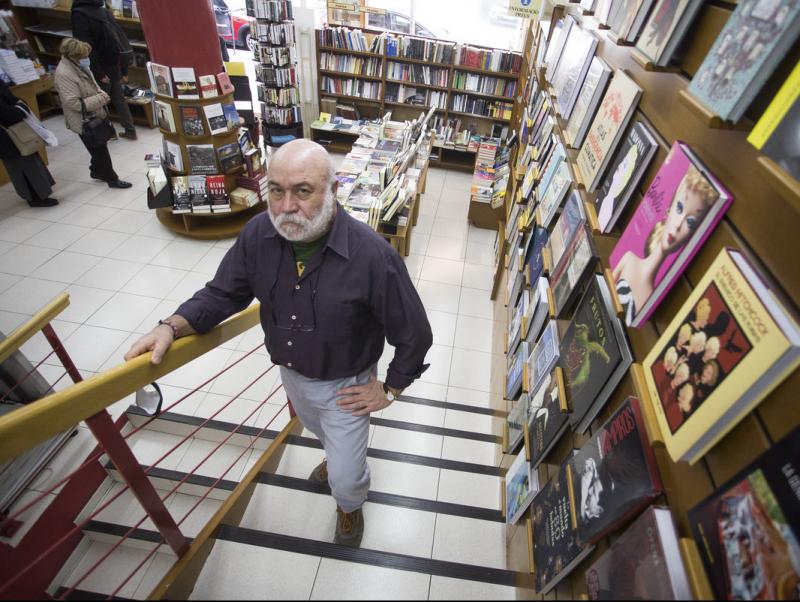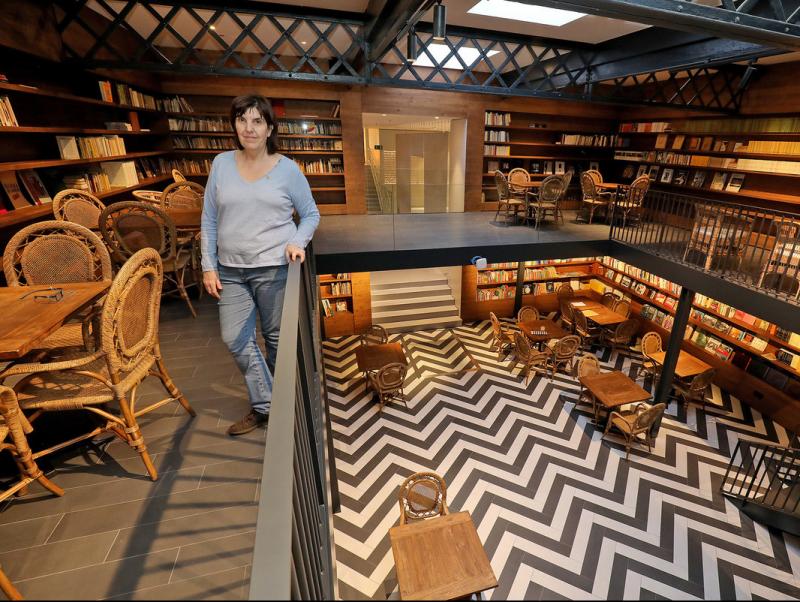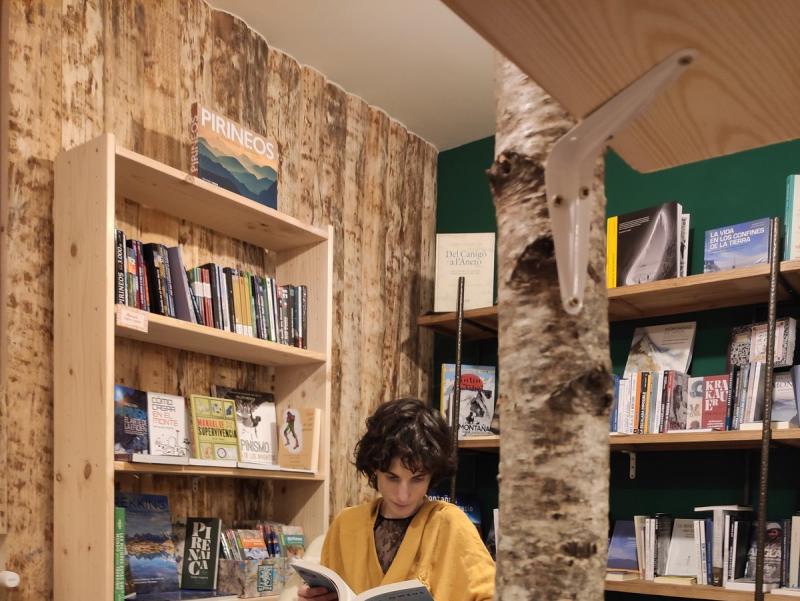News
Anna Nicolau. LES VOLTES
Culture as a tool to make a country
Les Voltes continues its commitment to Catalan culture, as it did during the times of Franco
Located next to Girona town hall, under the arches of Plaça del Vi, this emblematic bookshop, now a foundation, was created in times of Franco. There’s plenty of history here, right?
It started out as a small bookshop in 1963, but with the aim of working to preserve the Catalan language and culture in their broadest sense. It has been a place for everyone from visual artists to poets, from painters to writers... It was a point of resistance during such a complicated era as the sixties. Over time, it has adapted to different circumstances, but without ever losing that vision and working hard to make a better and freer country in terms of culture.
Do you only sell books in Catalan?
Yes, it’s a commitment we’ve always had. We’re aware that there are already other bookshops that offer books in other languages, but since we want our language to be standardised and understood as an indispensable tool for our country, we believe that the best way is to have this specialised location, where the reader can find everything that has been published in Catalan and that we can get our hands on.
You highlight your children’s catalogue, why is that?
For us, it’s a very important section, because we believe that from a very young age it’s essential to be able to access resources, books and material in any format in the Catalan language. In addition, in the current context, it’s difficult to avoid the amount of input that comes to us in other languages, such as Spanish or English. When we’re little, which is when we get into the habit of reading, we can use books as training and travel companions, and it’s important that we can find them in our mother tongue.
What has the pandemic been like for you?
First, like everyone else, there was a lot of uncertainty, although we immediately tried to channel this feeling of anxiety and not knowing how we would manage to find solutions. Having to close the shop was very hard, but we took the opportunity to try to improve our website, project ourselves on the web and try to be vigilant to see how we could better reach our potential customers. Since they could not come to us, we sent them the spirit of the bookshop: making recommendations on social networks, promoting online commerce, sending books to all points of the Catalan Countries... And we have continued to do all activities possible that we’ve been able to adapt to the different restrictions. Now we broadcast all the presentations we do on social networks.
Do you still print Catalan ID cards?
During the eighties, Les Voltes dared to issue a Catalan ID card, which many pro-independence activists at the time were quick to commission. We still do, it’s a document that accredits you as a member of the Catalan nation. It’s a symbolic element that has no validity, but is also an important gesture. It was an initiative that was first conceived by the priest and activist Josep Dalmau i Oliver, which Les Voltes decided to continue. Some 90,000 have been issued since its first introduction. You can find out how much it costs and how it is made, by visiting the bookshop’s website at www.llibrerialesvoltes.cat.
Related news
Leave a comment
Sign in.
Sign in if you are already a verified reader.
I want to become verified reader.
To leave comments on the website you must be a verified reader.
Note: To leave comments on the website you must be a verified reader and accept the conditions of use.

